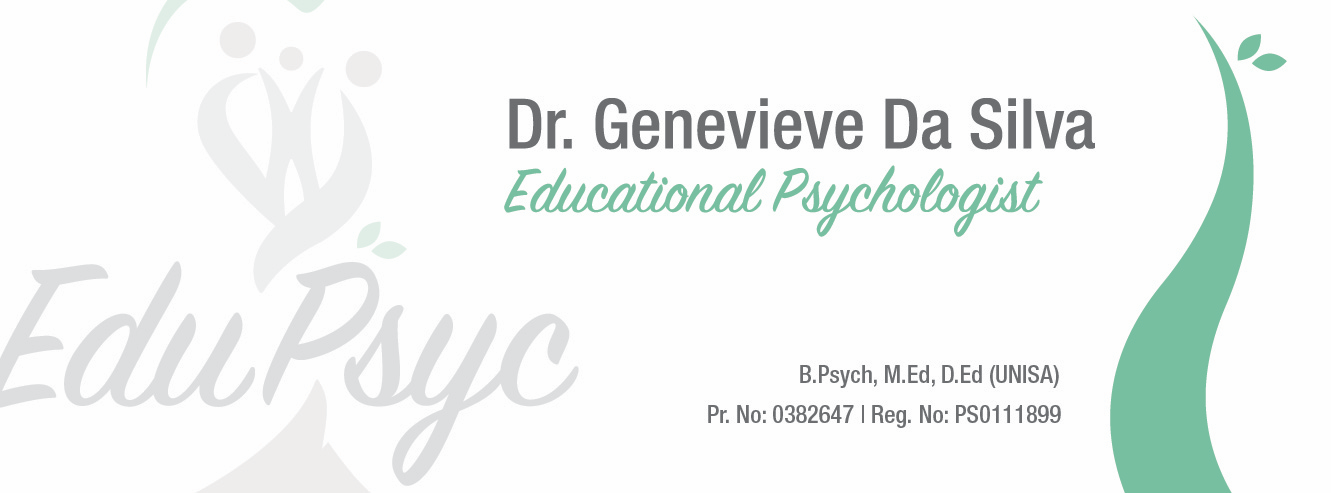
Globally we are experiencing a health crisis, currently known as COVID-19. However, we face crises at various points in our life. Sometimes even daily. Let’s consider crisis as a rollercoaster. We all have a turn on the rollercoaster of crisis. At different points we find ourselves in different places on the ride – waiting in line, sitting down in the seat in as it begins, screaming, gripping, crying as it flings us around various loop, peaks and dips, and finally disembarking. So what is crisis and what are some of the responses to crisis? Where are you at in your roller coaster journey?
What is crisis?
A crisis is an event, set of circumstances, or realization that threatens your physical or emotional wellbeing, and interferes with your daily functioning.
- Each person’s response to crisis will be unique.
- What may be a crisis for one, may not be for another.
- A crisis usually involves some sort of loss – whether actual or perceived (loss of a person, state of being, control, security, etc)
- In a crisis, the situation cannot be ignored and requires a decision of some sort.
- Old coping strategies may not work, new strategies are needed.
- A crisis causes a person to question, especially their beliefs and worldview.
How do people respond in crisis?
Each person will respond differently in crisis. But these are some responses a person might experience…
- Denial – a person may attempt to block the reality of the crisis, because they are just not ready to handle it.
- Bargaining – a person may try to diminish the situation through quick decisions and rash actions or even bargaining with a higher authority – like God
- Anger – a person may feel heightened negative emotions towards themselves or others, and lash out or internalise.
- Depression – a person may feel completely overwhelmed, at a low point, without hope or devastated.
- Acceptance – a person may come to terms with the reality of their situation – this is real – but there is a desire to take steps to get out of the situation
- Resolution – a person actively takes steps to implement new coping strategies and move out of the crisis in which they find themselves.
If we consider the roller coaster illustration, some questions you may ask yourself are…
- What has this ride cost me? Or what do I believe this ride will still cost me?
- What were my expectations of this ride, while waiting in line?
- Now that I’m strapped in, what is happening? How does this compare with my expectations?
- What feelings am I experiencing on this ride? Why do I feel this way?
- What am I thinking as I take another turn, dip or loop?
- What did I imagine doing and what am I now doing at each twist and turn? Why am I doing this?
- Who is sitting with me on this ride?
- What are they thinking, feeling and doing?
- How are we responding to one another? What effect is it having on how we each experience the ride?
- Am I abiding by the safety regulations? Or am I putting myself and others in further danger?
- What do I know for certain about how this ride plays out? What am I assuming?
- What is within my control? What is beyond me?
- Of that which is in my control, what can I do now?
In my next blog, I will look at some practical tips for working through a crisis.
